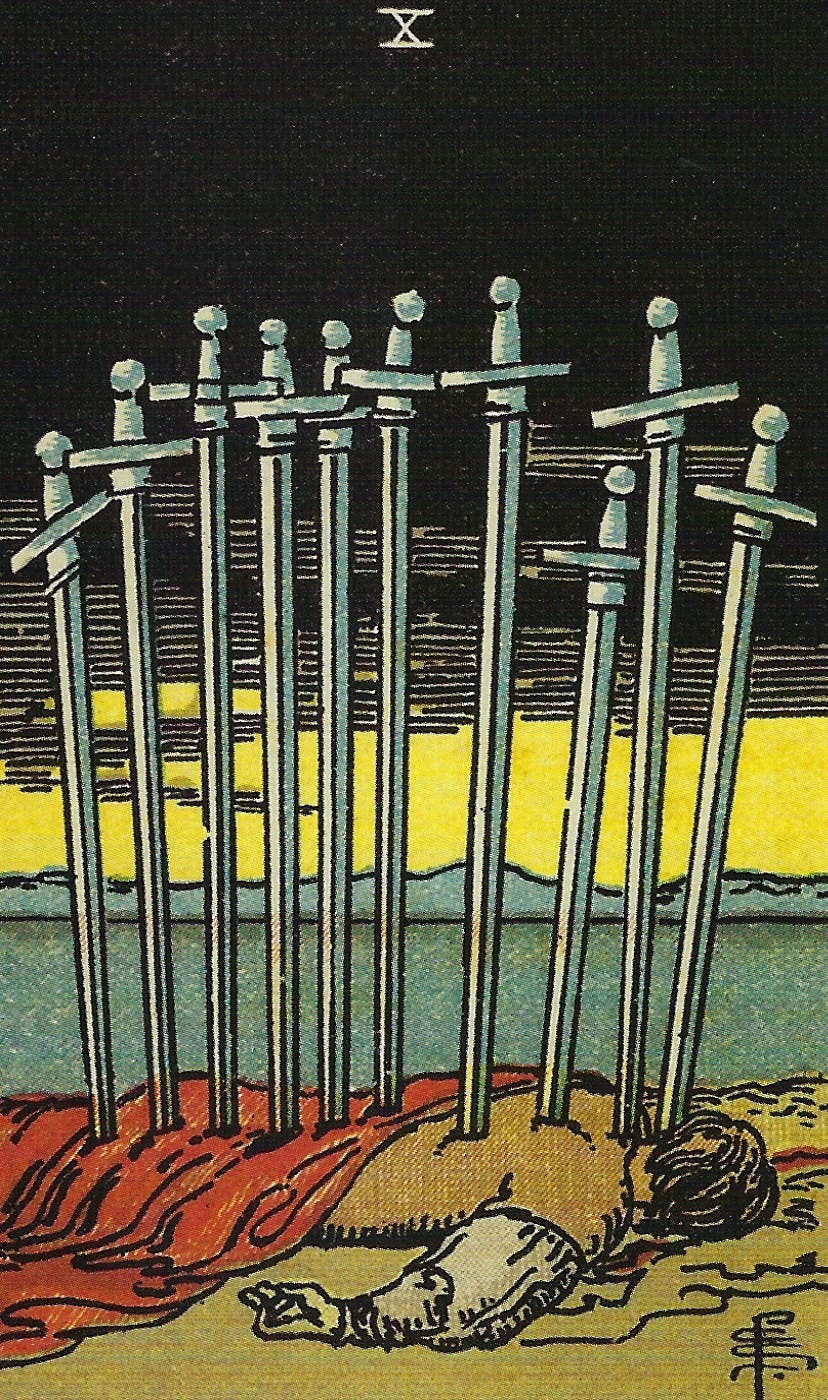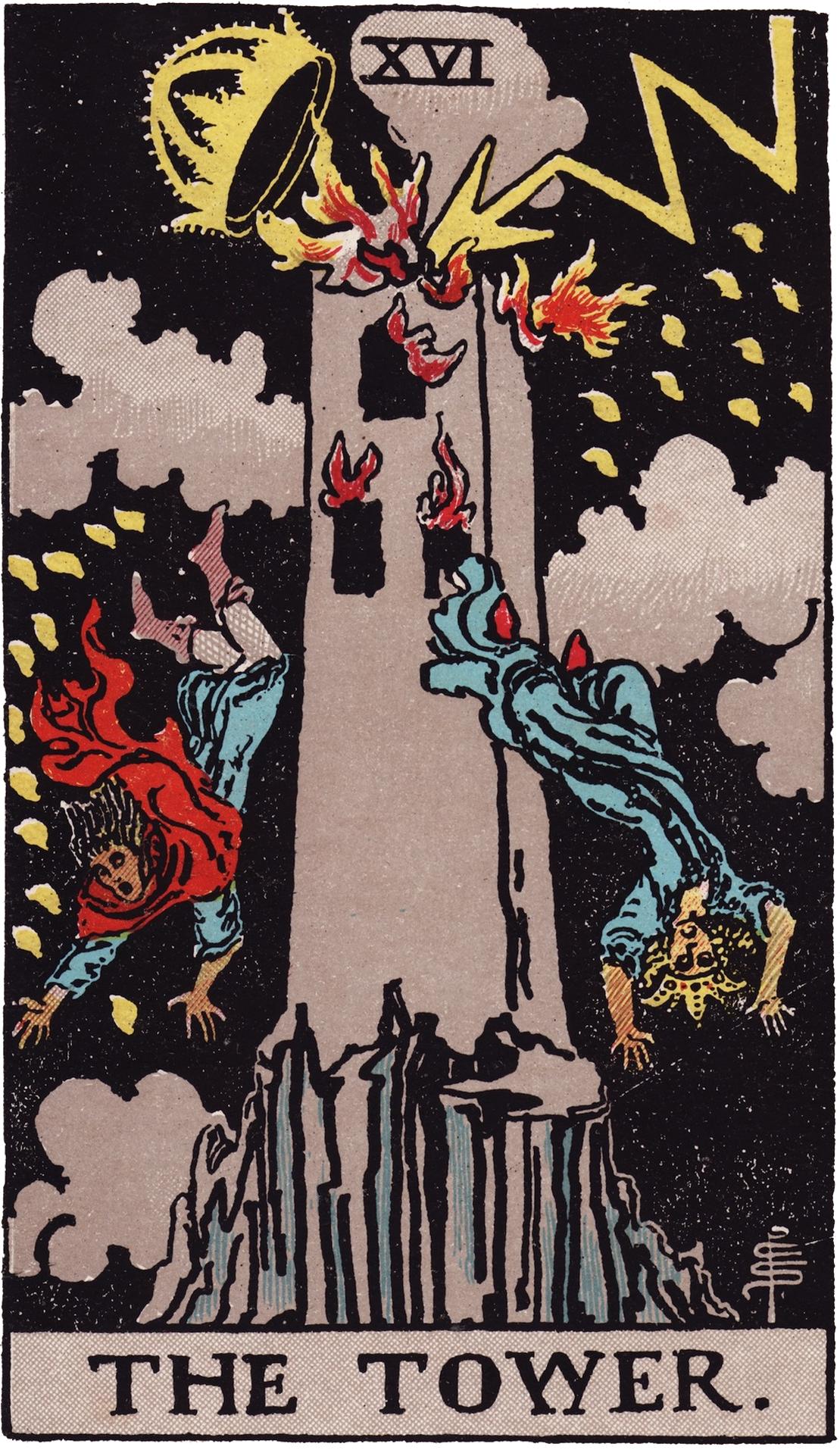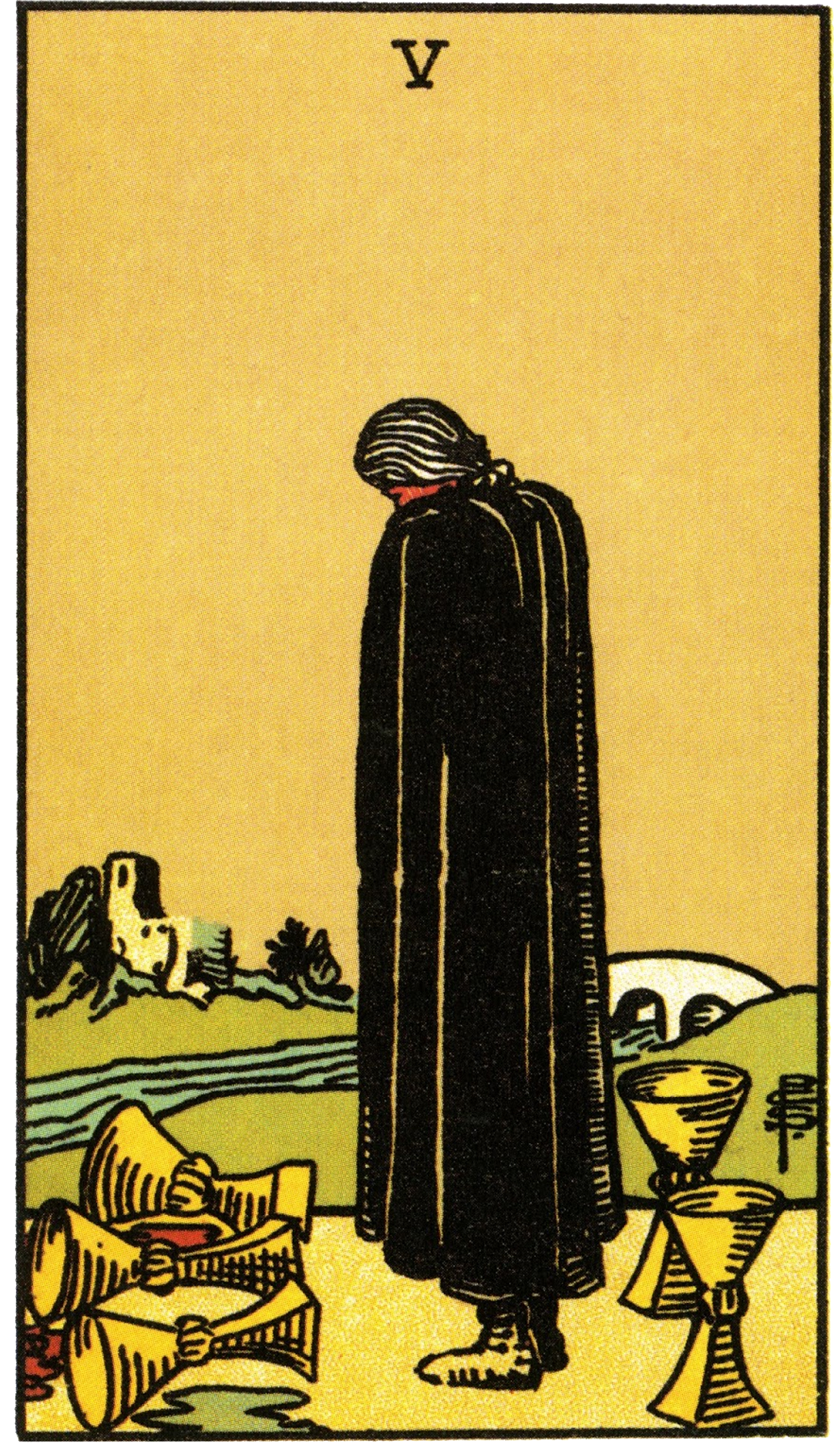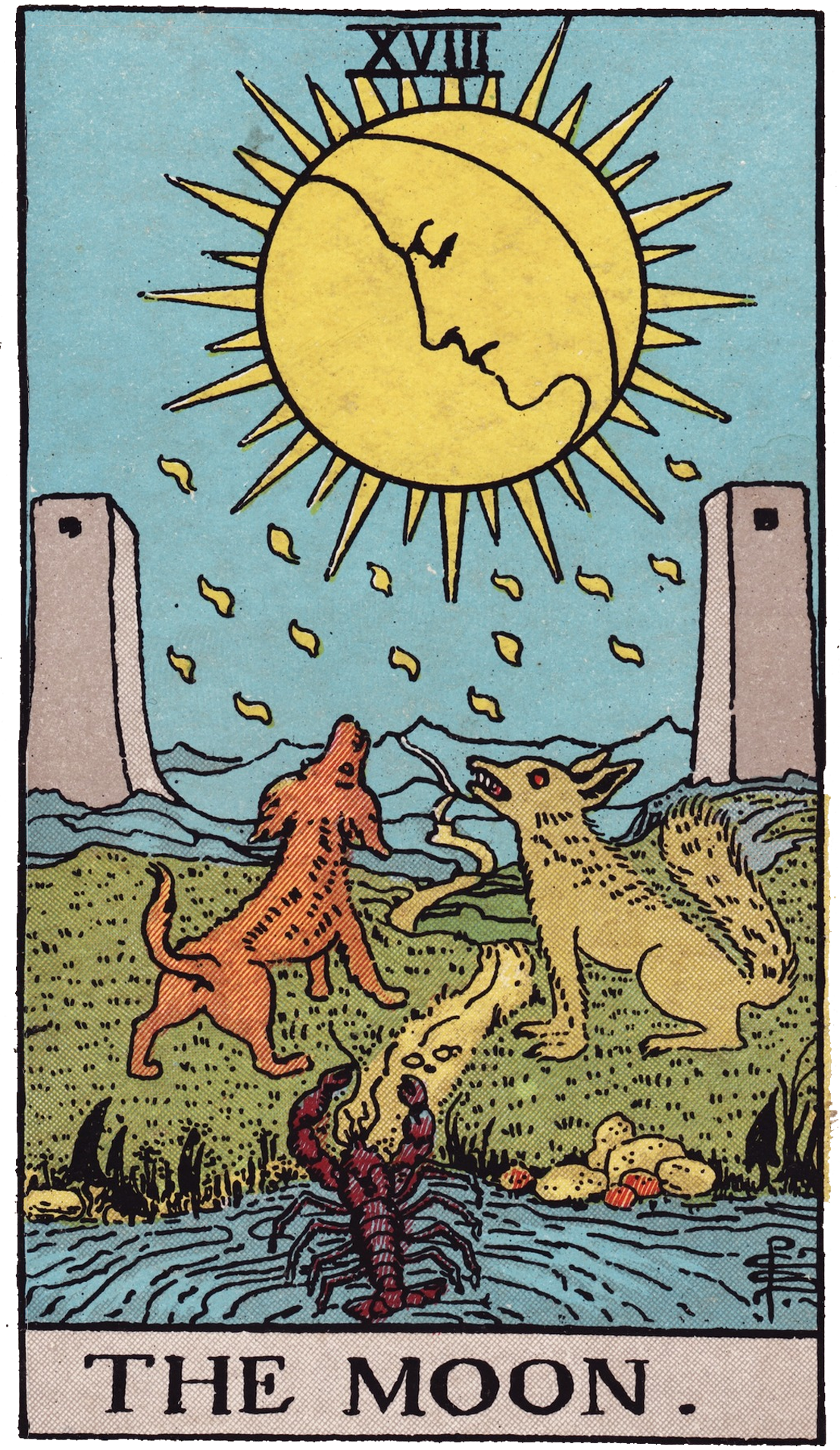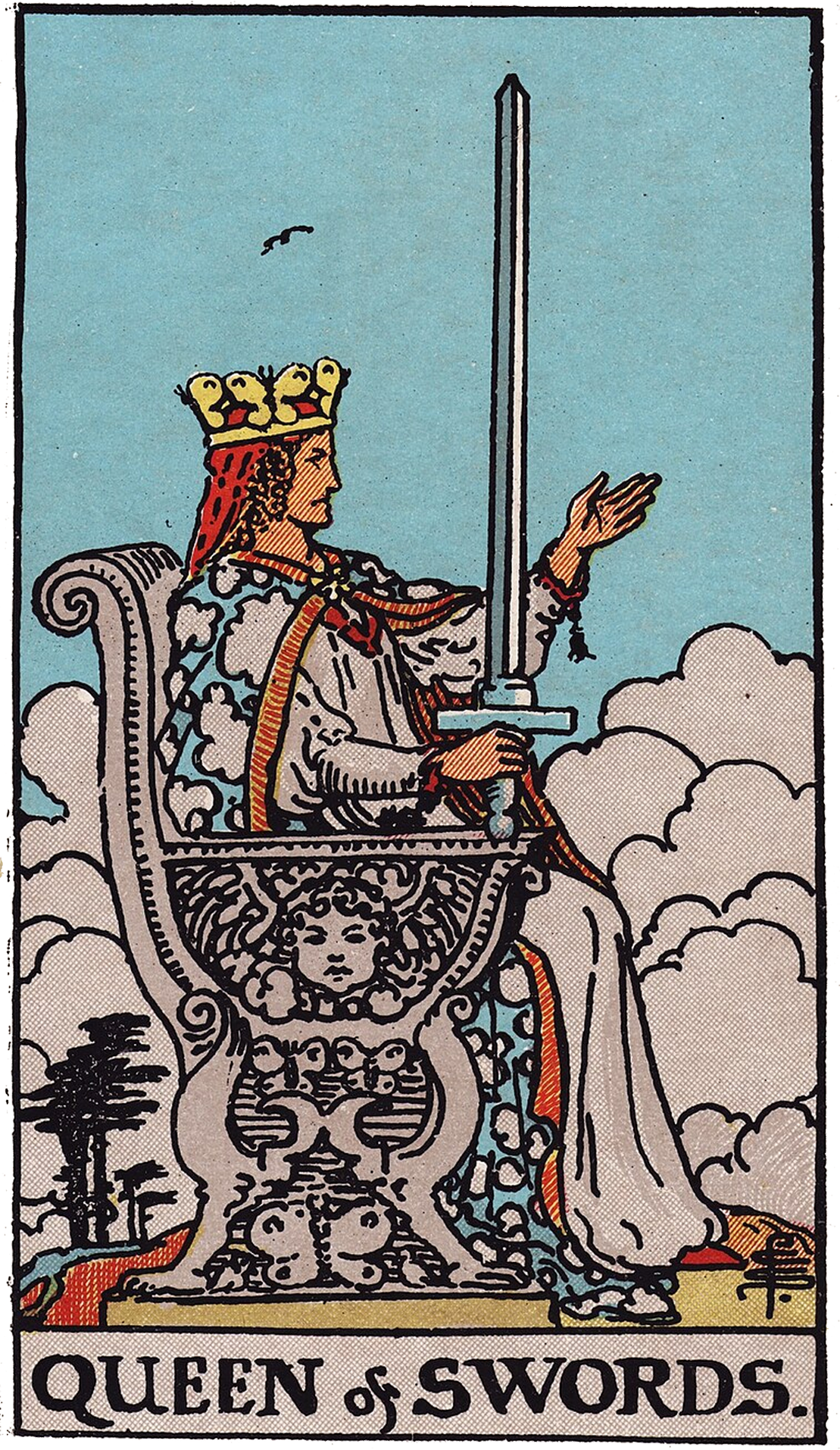ghosts with beating hearts
on how even the strongest love can disappear quietly
i. the closeness we beg for
this is the anatomy of isolation. a lifetime’s worth of abandonment—survival through sexual assault, divorce, and spiritual exile—told through the eyes of someone who keeps trying to love anyway. it's about how closeness always feels temporary, how belonging slips through fingers like sand, and how one sentence, one silence, one misstep can dissolve a whole world. this is what it means to be stitched together by trauma and still crave warmth you don’t trust.
There’s something about being human that makes us ache for closeness. We crave it like water, starve without it, and yet… most of us are terrible at holding it when it’s finally in our hands. We think love is a decision, a choice, a commitment—but really, it’s a living thing. You can’t just say “I’m here” and expect that to be enough forever. You have to feed it, check its pulse, listen when it cries out at 2 a.m. or when it goes quiet at 4. But most people don’t. Most people forget. And the moment they do, something fragile inside begins to snap.
You can sit across from someone you used to know and realize they don’t see you anymore. And it didn’t happen in a fight. It didn’t happen in a dramatic goodbye. It happened slowly. Over a hundred missed messages. A thousand times you decided not to say “I love you” because you assumed they already knew. It happened while you were busy. While they were hurting. While you both forgot that love is not guaranteed to stay just because it once bloomed.
Love, real love, takes more than effort. It takes awareness. Presence. It takes standing in front of someone and saying, “I still see you. I still choose you,” even when it’s inconvenient. And even that… sometimes isn’t enough. Sometimes love withers for reasons no one can name. And that’s maybe the cruelest part. The slow deaths. The ones where you never get closure. Just silence.
People talk about heartbreak like it’s some grand explosion. But more often it’s erosion. It’s decay. It’s the person you love putting down their phone a little more often when you call. It’s the way they used to ask how your day was, and now they just talk about theirs. It’s in the details. The absence of the small stuff. The way you start to feel more alone sitting beside them than you ever did by yourself.
And still—still—we reach for each other. We risk it all again and again. Even knowing how sharp the edges are. Even knowing that one day, they might stop reaching back.
one wrong sentence away
you can call her family but at the end of the day, she's still pretty fucking alone. bike riding through streets that don’t love her, where the streetlights flicker like bad memories and every shadow could be another name she doesn’t want to say out loud. she went through divorce alone, watched love decay like a dying animal while the world kept spinning, kept moving, kept asking her to smile through it. she got raped alone. left to pick up the pieces with shaking hands, scrubbing her skin raw like maybe, just maybe, she could wash the feeling of him away. but the body doesn’t forget. the body holds it like a whisper in the dark, like a ghost she never wanted to meet. she built a family. stitched one together from borrowed hands, from voices that said “i love you” and meant it, until one day they didn’t. until one day they were gone, and she was alone again, counting the echoes in an empty room. she struggled with god, with the weight of a cross that never fit her shoulders, with prayers that felt more like begging and a faith that only knew how to take, take, take. she left alone, no goodbye, no final hymn, just a girl walking away from an altar that never held her the way she needed. no wonder people are so hard for her. no wonder she keeps them at arm’s length, even as she craves the warmth. even as she feels soft fingers brush against her skin, a touch so gentle it makes her want to believe— but she knows better. she knows it’s all so fragile. that love, family, belonging— it’s always just one wrong sentence away from disappearing.
ii. families and fire
a single question ends a marriage. not with fury, but with quiet clarity. this poem is about how easily love can dissolve, how legal endings feel empty when the emotional death happened long before. it mourns the illusion of permanence, the softness of a moment that cracked a whole life in half. it’s about how heartbreak doesn’t always scream—sometimes it just stops responding.
A family can end over a single sentence. I’ve seen it. I’ve lived it. You think blood makes you safe, but it doesn’t. It ties you to people who can burn your house down and then ask why you’re crying over ashes. You spend years thinking you belong to something, only to realize you were temporary the whole time—just a placeholder until you made one wrong move. Until you stopped pretending. Until you said the thing they told you never to say.
“I don’t believe anymore.”
“I’m trans.”
“You hurt me.”
Sometimes, that’s all it takes. One confession. One truth. And suddenly, the people who raised you are strangers. Or worse—enemies. I think the cruelest families are the ones who say “we’ll always love you” right before they slam the door. They say it like it’s a promise, but it’s a trap. They want you to believe you’re the one walking away, when you’re actually being shoved.
What no one talks about is the silence afterward. Not just from them—but from the world. No casseroles. No sympathy cards. No one comes to check on the orphaned adult. You’re expected to just keep going. Find new people. Heal. But no one tells you how hard it is to build a new kind of family from scratch when you’ve already learned that all of it—every piece—can be pulled out from under you in a second.
And worse, it changes you. It teaches you to hold love like it’s conditional. Teaches you to flinch when someone gets too close. You start planning for exits before you even know their name. Because love from family wasn’t safe. Wasn’t forever. It was a weapon you didn’t see coming. And now everything that looks like love? Looks like danger too.
do you you still love me?
no one tells you how easy it is to lose everything. the divorce wasn’t loud. it wasn’t fire and screaming. it was a quiet unraveling in a digital courtroom with our names on the screen and a judge who barely looked up when she signed the end of our life together. just a few clicks. just a few lines of dialogue. a nod. a sigh. "are you sure?" "yes." "yes." done. it should’ve hurt more. but it was already over long before the hearing. maybe it ended when i asked her "do you still love me?" and she paused too long before saying "i don’t know." that pause broke something in me that no ceremony ever could. no screaming fight. no cheating scandal. just silence. just the sound of a heart turning off. and now i walk through the world carrying the ghost of a family i thought i could keep. turns out, love doesn’t need a reason to die. just a moment. just a question.
iii. friendship is a fragile ghost
friendships can die without sound. this one did. it’s about the ache of being left in the digital dark, of sending messages into the void and getting nothing back. it explores how grief exists even when no one died—when the only thing lost was care, consistency, and the feeling of being chosen. this is about how silence can scream louder than any goodbye ever could.
Friendships don’t always die with betrayal. Sometimes they die with neglect. And those are the hardest ones to grieve—because no one meant to hurt anyone. There wasn’t a falling out. It was just… life. Life happened. They got a partner. They moved away. They got busy. And suddenly, the person who used to send you voice notes at midnight just disappears.
You scroll through old conversations and wonder how the fuck it unraveled so fast. You debate sending that message—“Hey, I miss you”—but you don’t. Not because you don’t care, but because you’re tired of reaching first. Tired of being the one who holds the thread while the other person keeps letting it slip through their fingers.
Friendships die in silence. In unsaid things. In the way you stop being part of their plans. In how you realize you were never really their person—just convenient for a season. And yeah, maybe it’s not their fault. Maybe we all grow and shift. Maybe we all get caught in our own storms. But that doesn’t make the absence less sharp.
I miss people who are still alive. People who still post online. People who would probably say “I love you” if I texted right now. But they don’t reach. And I don’t want to beg. And so we stay strangers with shared memories. And it hurts like hell.
And when new people ask, “Who are your closest friends?”—you pretend you’ve got someone. But deep down, you know you don’t. Not anymore. Not really.
the echo of forgetting
she waited. god, she waited. watched her phone like a clock that never struck midnight. held onto names like promises and messages like prayers. "they’ll text back." "they’re just busy." "they still care." but days turned into weeks, weeks into ghosts. she reached out— once. twice. again. a little softer each time. until her words just hung there in the digital dark unread, unanswered. there were no arguments. no final phone call. just... nothing. and still, she checks the message thread sometimes. just to remember what it felt like to be chosen. just to remind herself that once, she was part of something. but silence is a kind of answer. and some goodbyes never get said out loud.
iv. the ache of being loved
she flinches at love because her body remembers everything. some touches remind her of violence, of what was taken. some remind her of the people she still misses, the ones who touched her gently—and are gone now. this poem holds the contradiction of needing closeness and fearing it, of how memory lives in skin, of how touch can resurrect both love and terror in the same breath.
Being loved sounds easier than it is. People say they want love, but they don’t talk about how invasive it can feel. How uncomfortable it is to be seen—really seen. Love holds up a mirror, and sometimes all you can see in it are the parts of yourself that feel unworthy. So you push it away. Or sabotage it. Or freeze when someone says “I care about you,” like it’s a threat instead of a balm.
And maybe it’s not even intentional. Maybe we learned to mistrust tenderness. Maybe every “I love you” we’ve ever heard was followed by a leash. A rule. A threat. Or a goodbye. Love doesn’t feel safe when it’s been used as a weapon—when it’s been followed by punishment, when it’s been turned against us like evidence in a trial we never asked to be in.
Sometimes the hardest thing isn’t loving someone. It’s letting them love you. Not the version of you that performs well. Not the one who says “I’m fine” with a fake smile. But the messy version. The one who cries too much. The one who spirals. The one who still has nights they don’t want to be alive.
And when someone does try—when they show up anyway—that’s terrifying. Because it means you might lose them. It means you could. And that potential loss hurts worse than loneliness ever did. So you retreat. You shut down. You start fights or go quiet. You become hard to love—just to prove yourself right.
That’s what makes it tragic. Not that we don’t get loved. But that sometimes, even when it’s handed to us freely… we can’t hold it. We don’t know how.
another touch.
some touches make her skin want to run. not her. just the skin. the memory it carries. some touches remind her of the one who didn’t ask— who took and left her with questions she’ll never get answers to. she learned to go still like an animal waiting for the danger to pass. but worse, are the other touches. the kind ones. the familiar ones. the touches that remind her of love she can’t get back. fingers on her back like someone tracing the outline of a life that used to be hers. she loves being held and she’s terrified of it. to be loved is to be exposed. to be touched is to be remembered. she wants the closeness. but her body flinches before her heart can speak. because every gentle hand could become an absence. and she’s not sure she can survive another goodbye that came wrapped in kindness.
v. it all falls apart
this is the survival manual of someone who’s still bleeding. not dangerous—just aware of how easy it is to be hurt. it’s a poem about mental illness, trauma, and how cruel the world can be to those still learning how to breathe through the weight of their own pain. she comes with boundaries. she comes with fire. she comes with the hope that someone will stay long enough to see the softness behind the steel. but if you treat her like a problem—
We tell ourselves that love is solid. That once it’s built, it will last. But it doesn’t. People change. They evolve. They outgrow. And sometimes, they just stop trying. It doesn’t matter how hard you love them. It doesn’t matter how much you gave. None of it guarantees that they’ll stay.
You can do everything right and still lose. You can pour yourself out and still be left with nothing but echo. Sometimes, the damage isn’t a knife wound—it’s a slow leak. And one day, you wake up empty, wondering how long it’s been this way.
There are people who will swear they’d never leave. Who promise you forever. And then one day, they don’t answer. They don’t visit. They don’t look at you the same. And the worst part? They won’t even admit it. They’ll pretend it’s fine. They’ll call once a month. They’ll send you memes. But you know. You know. And there’s no fixing it. No returning to the place before it broke.
This is the cost of being human. Of trying. Of loving. Everything you build can burn. Every person you trust can walk away. And even when they don’t mean to… even when they love you… they still might.
So be careful with the people you let close. Not because they’re bad. Not because they’ll hurt you on purpose. But because even the best ones can become ghosts. Because even the ones who say they’ll never leave might someday disappear.
warning label
she comes with sharp edges and unfixable scars. not the kind you see. not the kind you can fix. just the kind that reopen when you say the wrong thing in the wrong tone on the wrong day. she will love you too much too fast and then disappear. not because she doesn’t care. because she does. that’s the problem. she will test you. pull away. wait for you to leave. because everyone does. eventually. and it’s easier to watch you walk than to be pushed again. she won’t tell you when she’s hurting. she’ll joke. change the subject. say she’s tired. what she means is— "i don’t know if you’re safe." what she means is— "don’t love me unless you mean it." because if you do— if you get in close— you’ll see all of her. and that is a risk she’s not sure you’re able to survive.



